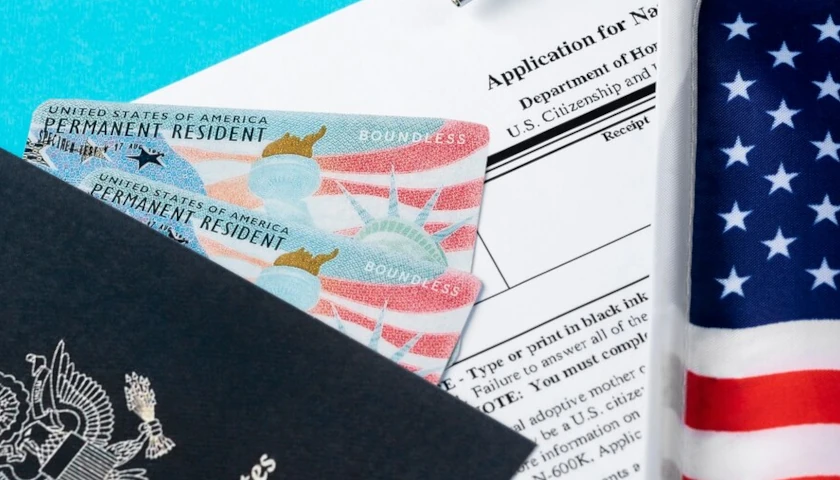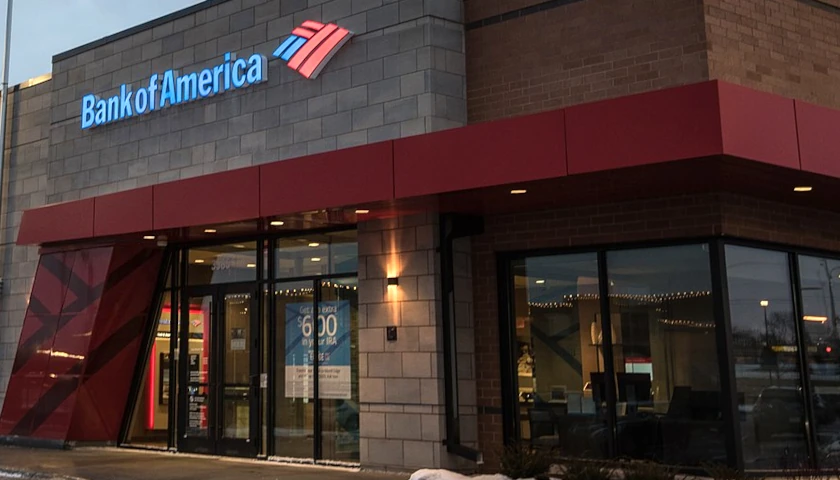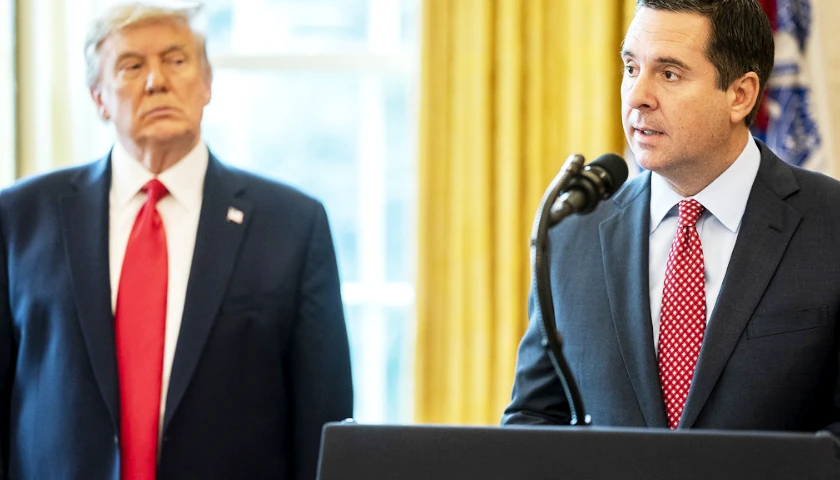Tennessee received a payment totaling $163.9 million on Wednesday from the major tobacco companies that joined the Tobacco Master Settlement Agreement (MSA), bringing the state’s total payout amount from the settlement to $3.8 billion.
As part of the MSA, Tennessee, and 51 other states and jurisdictions they reached a historic multistate settlement with the major tobacco companies on November 23, 1998. More than 50 tobacco companies have joined the MSA since it was created.
 A maximum of $4.8 billion is projected to be paid to Tennessee through 2025, along with additional payments in perpetuity. According to the Tennessee Attorney General’s office, the payments are to “help defray the cost of healthcare for smoking-related illnesses.”
A maximum of $4.8 billion is projected to be paid to Tennessee through 2025, along with additional payments in perpetuity. According to the Tennessee Attorney General’s office, the payments are to “help defray the cost of healthcare for smoking-related illnesses.”
In addition to annual payouts to settling states, MSA also prohibits tobacco companies from using the following types of advertising:
- Outdoor advertising including billboards, signs, and placards in arenas, stadiums, shopping malls, and video game arcades;
- Transit advertising of tobacco products;
- Distribution and sale of apparel and merchandise with brand name logos, such as caps and T-shirts;
- Payments to promote tobacco products in movies, television shows, theater productions or live performances, live or recorded music performances, videos and video games;
- Use of cartoons in the advertising, promotion, packaging, or labeling of tobacco products;
- Brand name sponsorship of events with a significant youth audience or where the paid participants or contestants are underage;
- Distribution of free samples except in a facility or enclosed area where the operator ensures no underage person is present.
The Tennessee Attorney General’s office enforces the MSA and regulates tobacco companies that do business in the Volunteer State.
According to the National Association of Attorneys General (NAAG), MSA’s purpose is to “reduce smoking in the U.S., especially in youth.”
Statistics cited by NAAG show that U.S. cigarette consumption dropped by more than 50 percentbetween 1998 and 2019, and, during that same time period, regular smoking by students in high school dropped from its near peak of 36.4 percent in 1997 to a low 6.0 percent in 2019. These statistics, according to NAAG, show that MSA “continues to have a profound effect on smoking in America, particularly among youth.”
– – –
Kaitlin Housler is a reporter at The Tennessee Star and The Star News Network.








